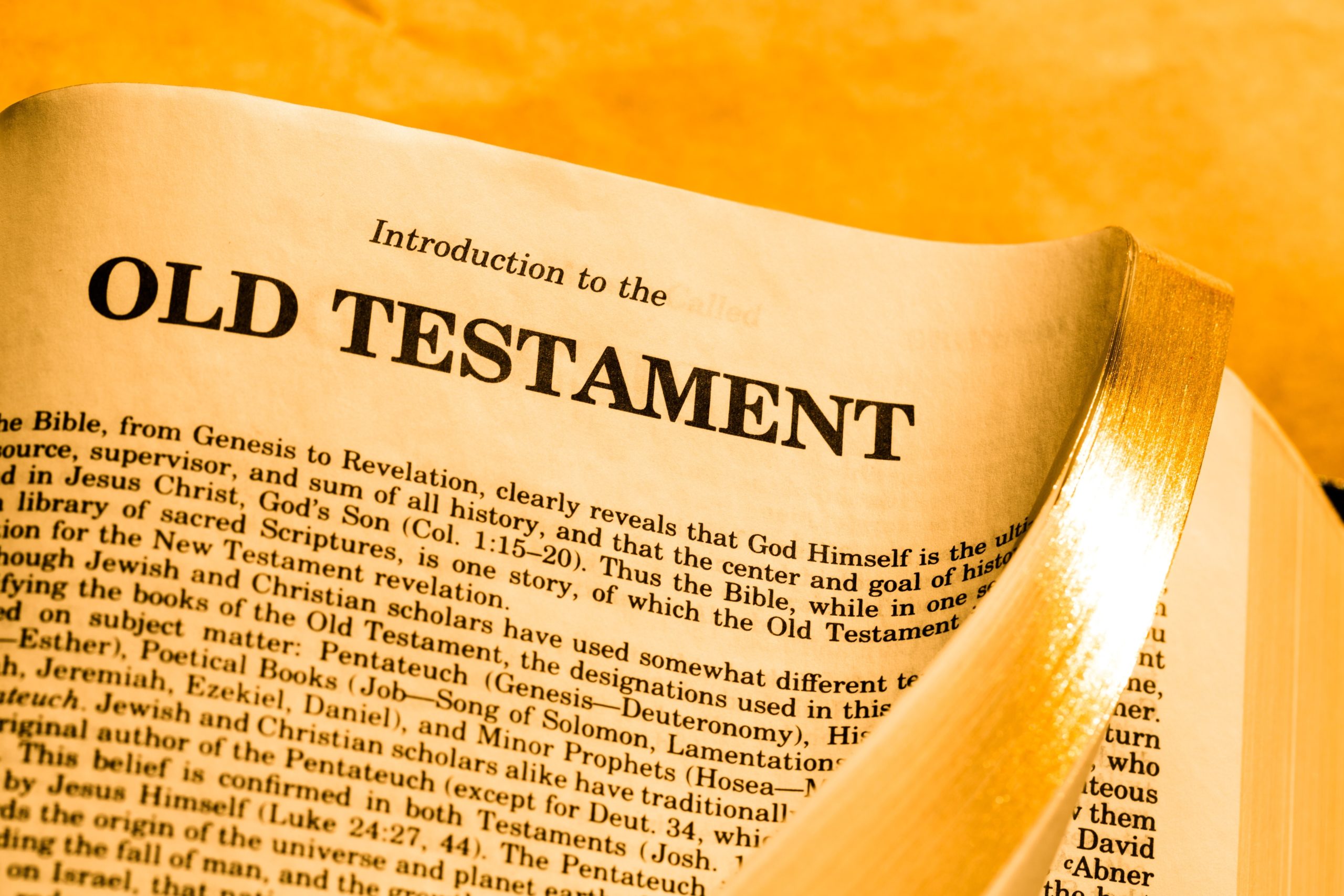Why were the Hebrews instructed to destroy idols and not even take the gold and silver?

“The images of their gods you are to burn in the fire. Do not covet the silver and gold on them, and do not take it for yourselves, or you will be ensnared by it, for it is detestable to the Lord your God. Do not bring a detestable thing into your house or you, like it, will be set apart for destruction. Regard it as vile and utterly detest it, for it is set apart for destruction.” Deuteronomy 7:25-26
Idol worship was especially sinful. It showed a desire to worship something that could be seen and touched rather than trusting in the invisible God. And so, God’s command to destroy every idol was right and good. But idolatry was not the only sin He warned Israel to avoid. Notice what He said in the passage quoted. “Thou shalt not covet the silver and gold….”
One of the 10 Commandments addressed the danger of coveting. Israel was not to covet a neighbor’s house, his wife, his servants, his animals or anything belonging to another (Exodus 20:17). In many ways coveting is like idolatry. By coveting what someone has we are expressing dissatisfaction with what God has provided for us. It goes back to a similar lack of trust in God. There is a broad principle here that is true in any age and not restricted to the Old Testament.
Why would they have to destroy something they were not worshipping? Gold and silver were things they could very easily worship. God said, “You will be easily ensnared by it.” Even though they may not have initially coveted the gold and silver, it was still dangerous to keep them around.
There is a powerful lesson for every believer in the words of this text. We must not rely on possessions or wealth. They simply cannot be trusted. But God is able to fulfill every promise He has ever made and is absolutely reliable. We can depend on Him. And so, He wants us to have a child-like trust in Him.
To learn more about how idol worship applies to us today listen to, “Do I Have Other Gods and Idols in My Life?”






